A Guide to Local Currency Exchange in Vietnam
Vietnam, with its stunning landscapes, rich history, and vibrant culture, is an alluring destination for travelers worldwide. As you plan your journey to this beautiful country, one essential aspect you need to consider is local currency exchange. In Vietnam, the Vietnamese Dong (VND) is the official currency, and understanding how to exchange your money efficiently is key to a smooth and enjoyable trip. In this travel blog, Green Sun Travel will provide practical tips and insights into local currency exchange in Vietnam, ensuring that your experience is as hassle-free as possible.
Getting to know Local currency exchange in Vietnam
Section 1: Understanding the Vietnamese Dong (VND)
The Vietnamese Dong, symbolized as VND, stands as the official currency of Vietnam and plays an integral role in the nation’s economic history. Understanding the significance of the VND is essential for travelers, as it reflects the country’s resilience and its journey toward modernization.
Vietnam’s monetary history is an intriguing tapestry of adaptation, economic reform, and national transformation. The VND has evolved significantly over the years, with denominations reaching values in the thousands, and at times, even millions. These high denominations are a testament to Vietnam’s complex economic history, which has experienced hyperinflation and periods of monetary adjustment.
One of the most notable reforms took place in the late 1980s when the government introduced a new currency, the “Đổi Mới Dong,” as part of the Đổi Mới economic reforms. This was a pivotal moment in Vietnam’s economic history, marking a transition from a centrally planned economy to a socialist-oriented market economy. The new currency aimed to stabilize prices and promote economic growth. As a result, the VND was reborn with lower denominations, and it became the backbone of the country’s financial system.
Currently, the rate of Local currency exchange in Vietnam fluctuates, which means its value can change relative to other international currencies. Staying updated on these rates is crucial for travelers, as it enables them to make informed decisions about when and where to exchange their money. Keeping a keen eye on the exchange rate ensures that you get the best value for your currency while exploring the wonders of Vietnam.
Section 2: Where to Exchange Money in Vietnam
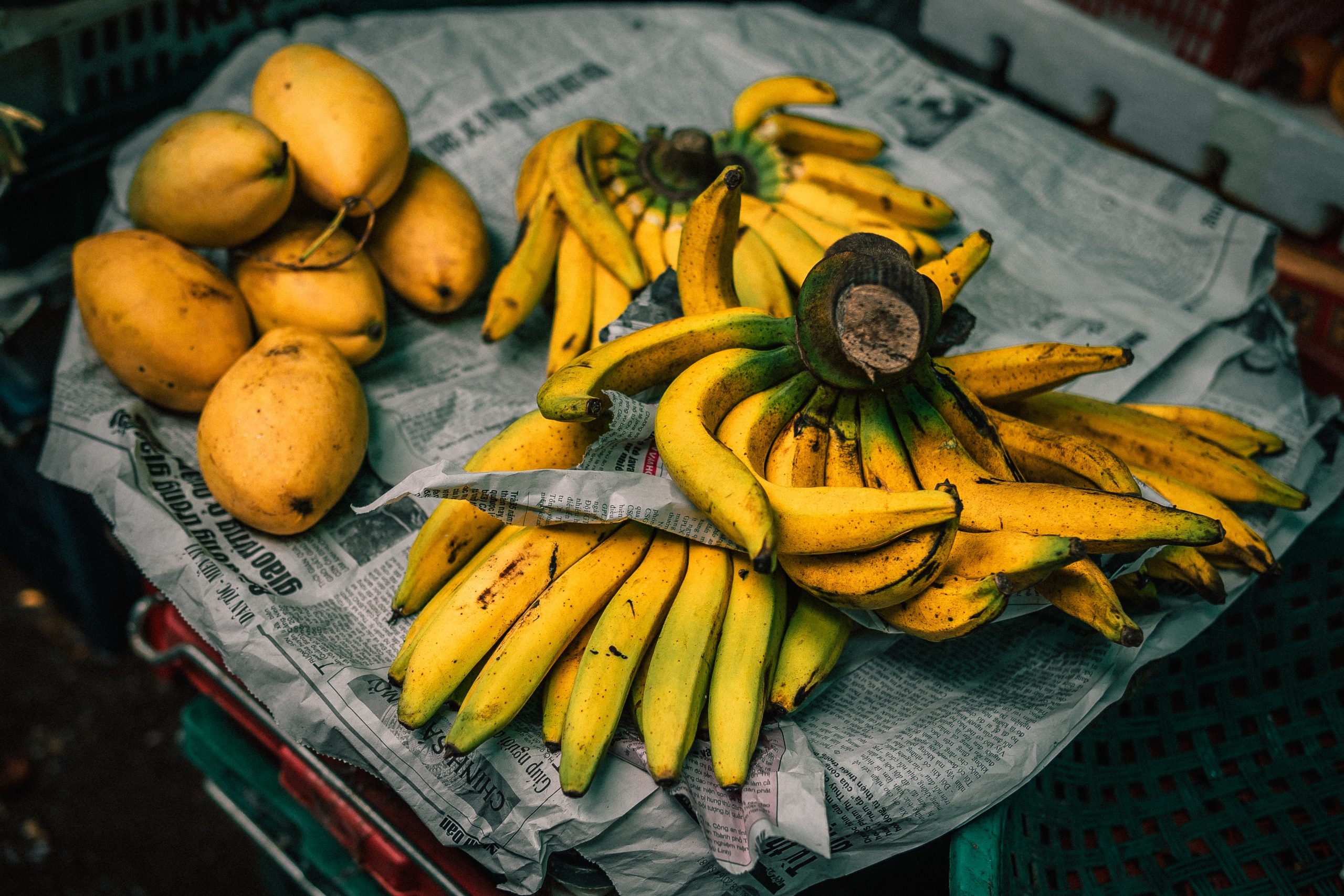
In Vietnam, you have several options when it comes to exchanging your money. Each option has its advantages and considerations to keep in mind:
- Banks: Local banks in Vietnam are a trustworthy and reliable choice for currency exchange. They typically offer competitive rates and can be found in most major cities and tourist areas. Banks also adhere to stricter regulations, which can provide a sense of security for travelers.
- Currency Exchange Offices: Currency exchange offices are prevalent in tourist hubs and commercial districts. They offer the convenience of on-the-spot currency exchange. However, it’s essential to be cautious when using these services, as the rates can vary, and smaller, unofficial booths may offer less favorable rates. Always look for reputable exchange offices.
- Hotels: Many hotels in Vietnam provide currency exchange services for the convenience of their guests. While this is a hassle-free option, the rates might not be as competitive as those at banks or dedicated exchange offices. If you prefer the convenience of your hotel, it’s wise to exchange a small amount for immediate needs and then explore other options for larger sums.
- ATMs: Automated Teller Machines (ATMs) are widely available throughout Vietnam. They dispense Vietnamese Dong (VND) and often offer a reasonable exchange rate. It’s advisable to use ATMs associated with major banks, as they tend to provide better rates and lower withdrawal fees. Ensure you notify your home bank about your travel plans to prevent your card from being blocked during your stay in Vietnam. Also, be mindful of any fees associated with international card transactions, as these can add up over the course of your trip.
When choosing places for Local currency exchange in Vietnam, it’s crucial to weigh factors such as convenience, exchange rates, and security. While banks are generally considered the most secure option, currency exchange offices and ATMs offer convenience. It’s advisable to compare rates, consider the location of the exchange service, and prioritize safety when making your decision. This ensures you have access to the Vietnamese Dong when and where you need it, enhancing your travel experience in this captivating country.
Section 3: Currency Exchange Tips
To ensure you get the most out of your currency exchange in Vietnam, here are some valuable tips to keep in mind:
- Exchange Some Money Before Your Trip: It’s a smart move to exchange a small amount of your home currency for Vietnamese Dong before your trip. This way, you’ll have local currency on hand to cover initial expenses like transportation from the airport, meals, and other immediate needs. It can be a real convenience after a long flight.
- Avoid Exchanging Money at the Airport: While airport currency exchange counters are convenient, they often offer less favorable exchange rates compared to banks or local exchange offices. Consider exchanging just enough to get you into town and wait until you reach your destination for better rates.
- Be Cautious of Scams: As in any travel destination, there may be unscrupulous individuals or small, unofficial exchange offices looking to take advantage of tourists. To avoid scams, ensure that the exchange office you choose is reputable and has a visible presence. Always count your money carefully before leaving to avoid any disputes.
- Be Aware of Transaction Fees: When using banks for currency exchange, be mindful of potential transaction fees. Banks may charge fees for currency exchange services, and these can vary. It’s wise to inquire about these fees before proceeding to exchange your money.
- Check the Authenticity of Banknotes: Counterfeit money can sometimes be a concern in various parts of the world, and Vietnam is no exception. Familiarize yourself with Vietnamese currency to recognize genuine notes. This will help you avoid receiving counterfeit money during your transactions.
Section 4: Using Credit Cards and ATMs
Credit cards are generally widely accepted in urban areas and popular tourist destinations throughout Vietnam, making them a convenient payment option. However, there are some considerations to keep in mind:
- Look for ATMs Associated with Major Banks: To ensure you get the best rates and lower withdrawal fees, look for ATMs that are affiliated with major banks. These ATMs are more likely to offer favorable terms for travelers.
- Notify Your Home Bank: Before leaving for Vietnam, make sure to notify your home bank of your travel plans. This will prevent your credit or debit card from being blocked when you use it in a foreign country.
- Be Mindful of International Transaction Fees: When using your credit card for purchases or ATM withdrawals in Vietnam, be aware of any international transaction fees that your home bank may charge. These fees can accumulate over the course of your trip, so it’s important to factor them into your budget.
Section 5: Local currency exchange in Vietnam Apps and Tools
In the digital age, travelers have access to a wealth of currency conversion apps and tools that can make managing expenses in a foreign country easier. These apps can help you stay on top of your budget by converting prices into your home currency for better understanding. They are particularly handy when dealing with a currency as different from your own as the Vietnamese Dong.
Section 6: Budgeting in Vietnam
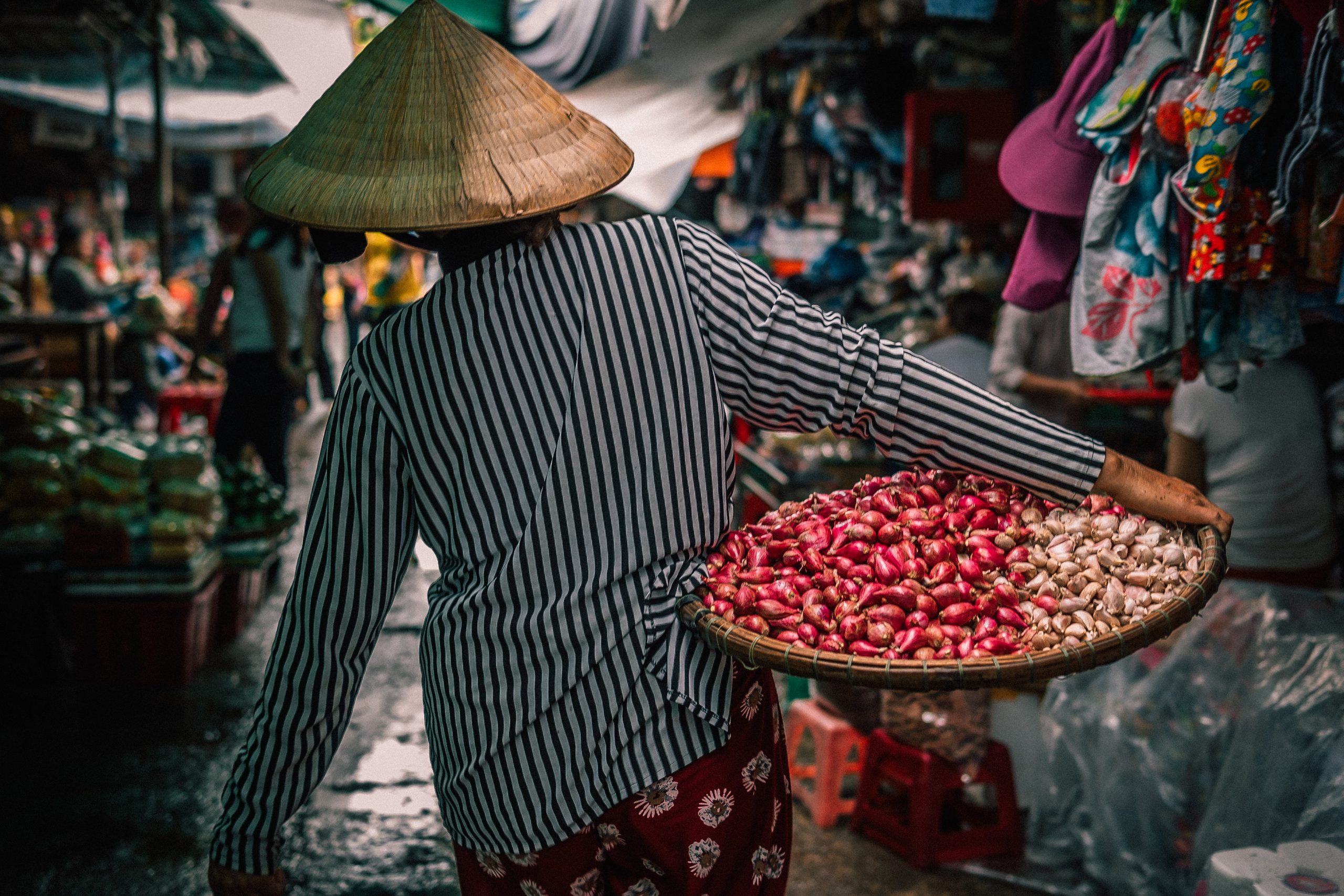
Vietnam offers a diverse range of experiences to suit travelers with varying budgets. To help you plan your spending, consider the following daily budgets:
- Backpacker: Budget travelers can get by on $20 to $40 USD per day. This budget may involve staying in hostels, eating street food, and using public transportation.
- Mid-range traveler: Those seeking a bit more comfort and convenience can plan on spending $40 to $100 USD per day. This allows for more comfortable accommodations, dining in restaurants, and some guided tours.
- Luxury traveler: For travelers looking to indulge, budget $100 USD or more per day. This allows for high-end accommodations, dining in upscale restaurants, and various activities and experiences.
Keep in mind that prices can vary significantly by location and personal preferences, so it’s important to tailor your budget to your specific needs and style of travel.
Section 7: Currency Exchange Stories
The experiences of fellow travelers can provide valuable insights into the challenges they faced while exchanging currency in Vietnam and how they successfully overcame them. Hearing about real-life experiences can offer practical advice and solutions for your own travels.
Section 8: Cultural Insights
Money holds cultural significance in Vietnam, and understanding local customs can enhance your travel experience. Familiarize yourself with practices like tipping and bargaining to show respect and appreciation for the country’s traditions. In Vietnam, a polite and respectful approach to money can go a long way in building positive interactions with locals and immersing yourself in the culture.
Conclusion
In conclusion, understanding local currency exchange in Vietnam is vital for a successful and enjoyable trip. By following the tips and recommendations outlined in this blog, you can navigate the financial aspects of your journey with confidence. Be sure to plan ahead, use a mix of payment options, and embrace the stunning experiences Vietnam has to offer beyond just currency exchange.


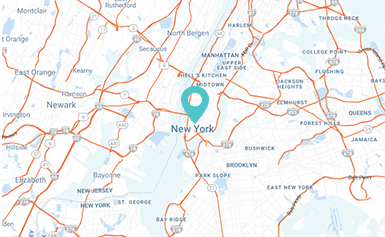

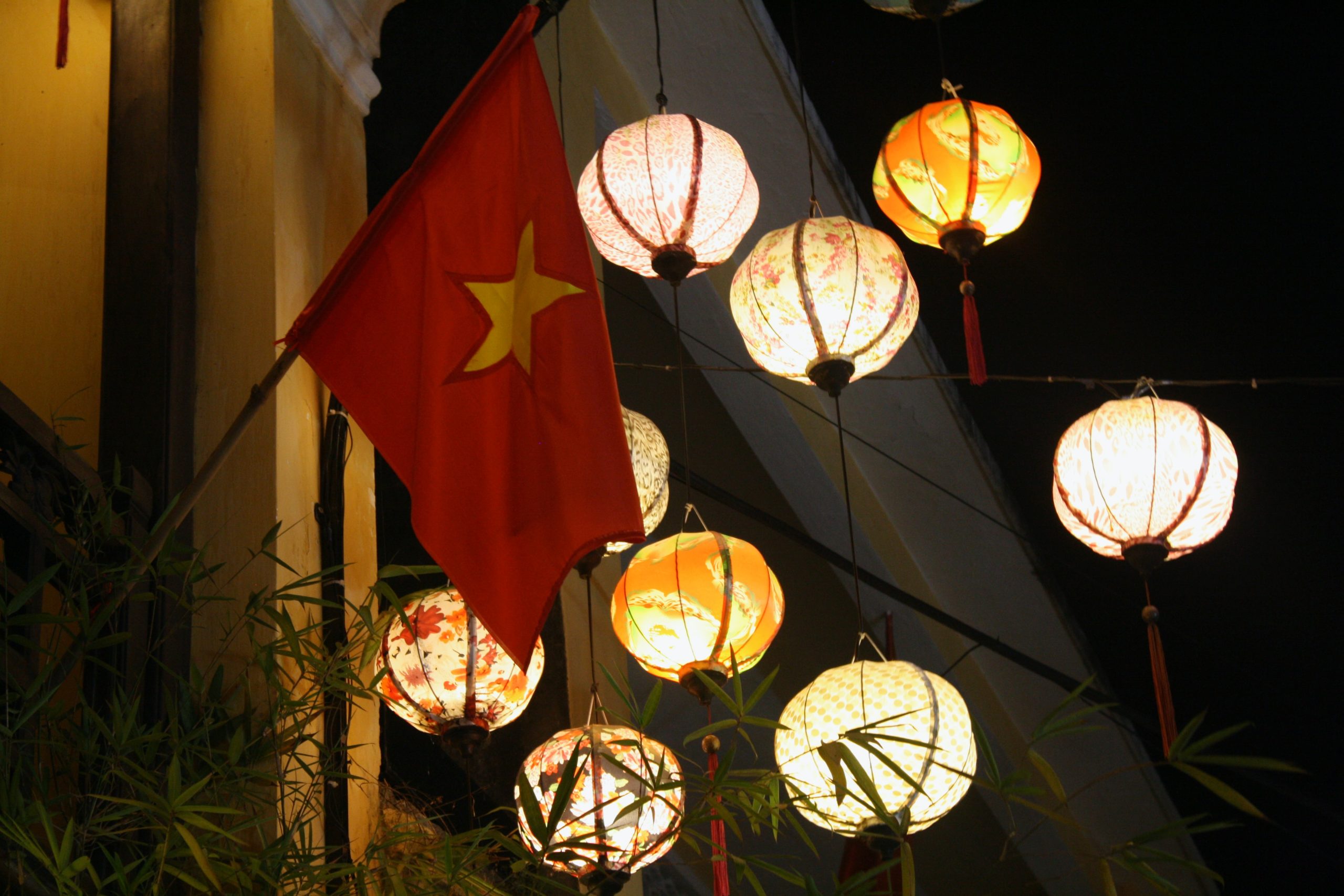
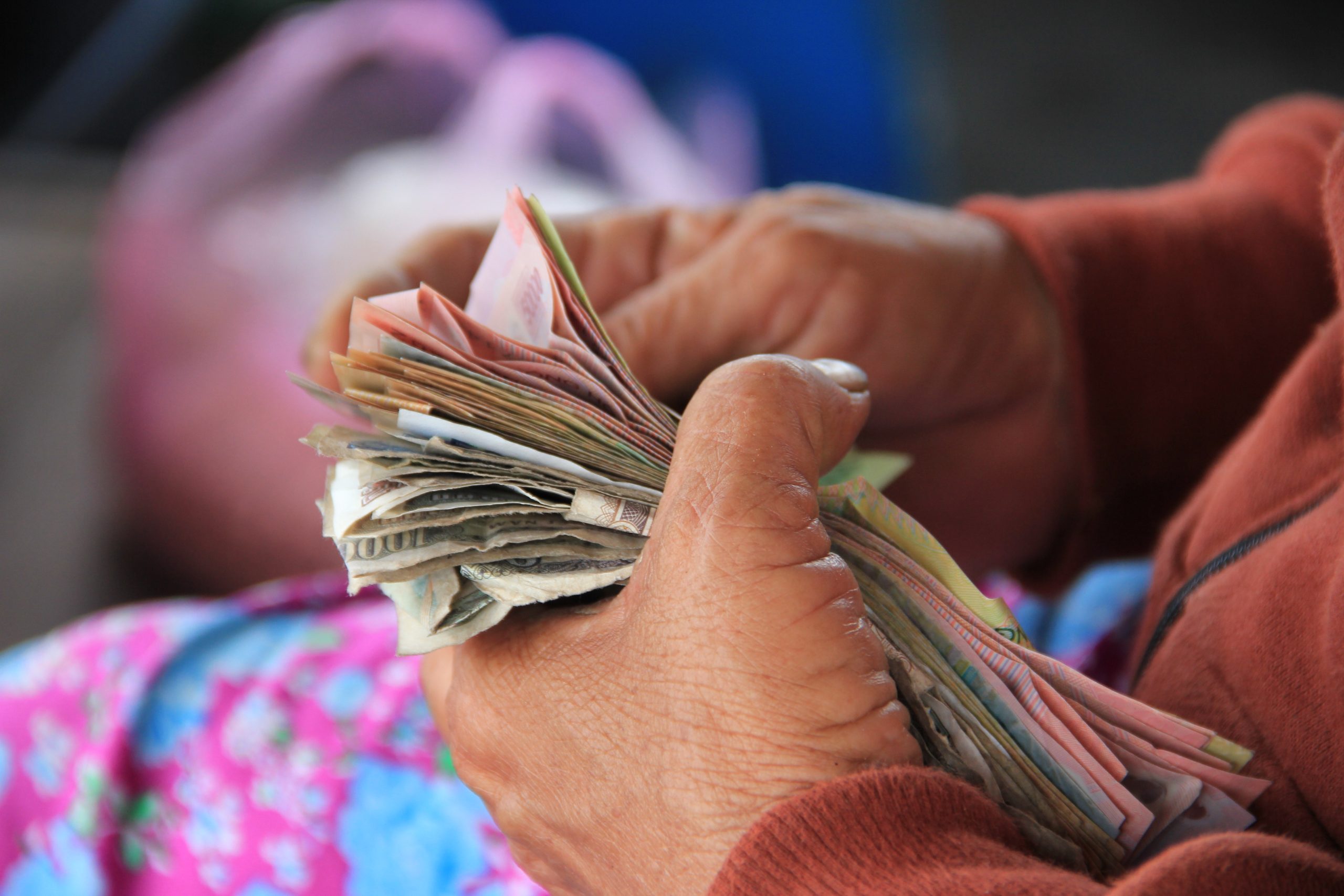


Sign up to get 100 USDT
Your point of view caught my eye and was very interesting. Thanks. I have a question for you.
March 26, 2024 at 10:08 pm
Binance Account
Thank you for your sharing. I am worried that I lack creative ideas. It is your article that makes me full of hope. Thank you. But, I have a question, can you help me?
April 15, 2024 at 10:42 pm